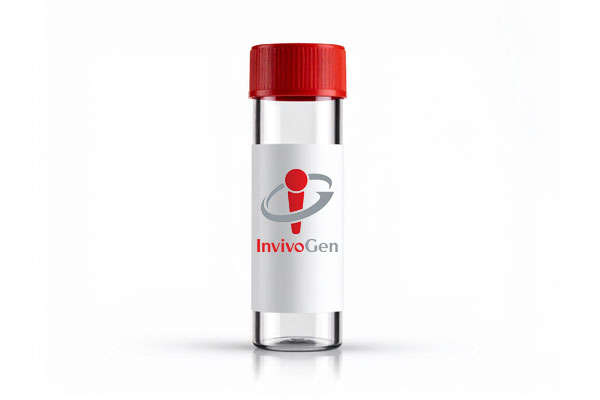
pUNO1-hSTING-H232
-
Cat.code:
puno1-hsting-h232
- Documents
ABOUT
Expression-ready ORF Clones
Human STING gene, R232H variant
STING (stimulator of interferon genes; also known as TMEM173, MITA, MPYS, and ERIS) is essential for the IFN response to microbial or self-DNA, and acts as a direct sensor of cyclic dinucleotides (CDNs).
CDNs are important messengers in bacteria, affecting numerous responses of the prokaryotic cell, but also in mammalian cells, acting as agonists of the innate immune response. Several non-synonymous variants of STING have been described in the human population.
R232H has been identified as a natural variant allele of STING occurring in ∼14% of the human population [1]. H232 contains a single amino acid substitution R232H. The R232H isoform has a diminished response to bacterial and metazoan CDNs when compared to the wild-type allele [1, 2]. R232H has been the most commonly used human STING allele in published structural studies.
References
1. Yi G. et al., 2013. Single nucleotide polymorphisms of human STING can affect Innate immune response to cyclic dinucleotides. PLoS One 8(10):e77846.
2. Diner E. et al., 2013. The innate immune DNA sensor cGAS produces a noncanonical cyclic dinucleotide that activates human STING. Cell Rep 3(5):1355-61.
All products are for research use only, and not for human or veterinary use.
SPECIFICATIONS
Specifications
CONTENTS
Contents
-
Product:pUNO1-hSTING-H232
-
Cat code:puno1-hsting-h232
-
Quantity:20 µg
2 x 1 ml blasticidin at 10 mg/ml
Shipping & Storage
- Shipping method: Room temperature
- -20°C
- Avoid repeated freeze-thaw cycles
Storage:
Caution:
DOCUMENTS
Documents
Technical Data Sheet
Safety Data Sheet
Plasmid Sequence
Certificate of analysis
Need a CoA ?